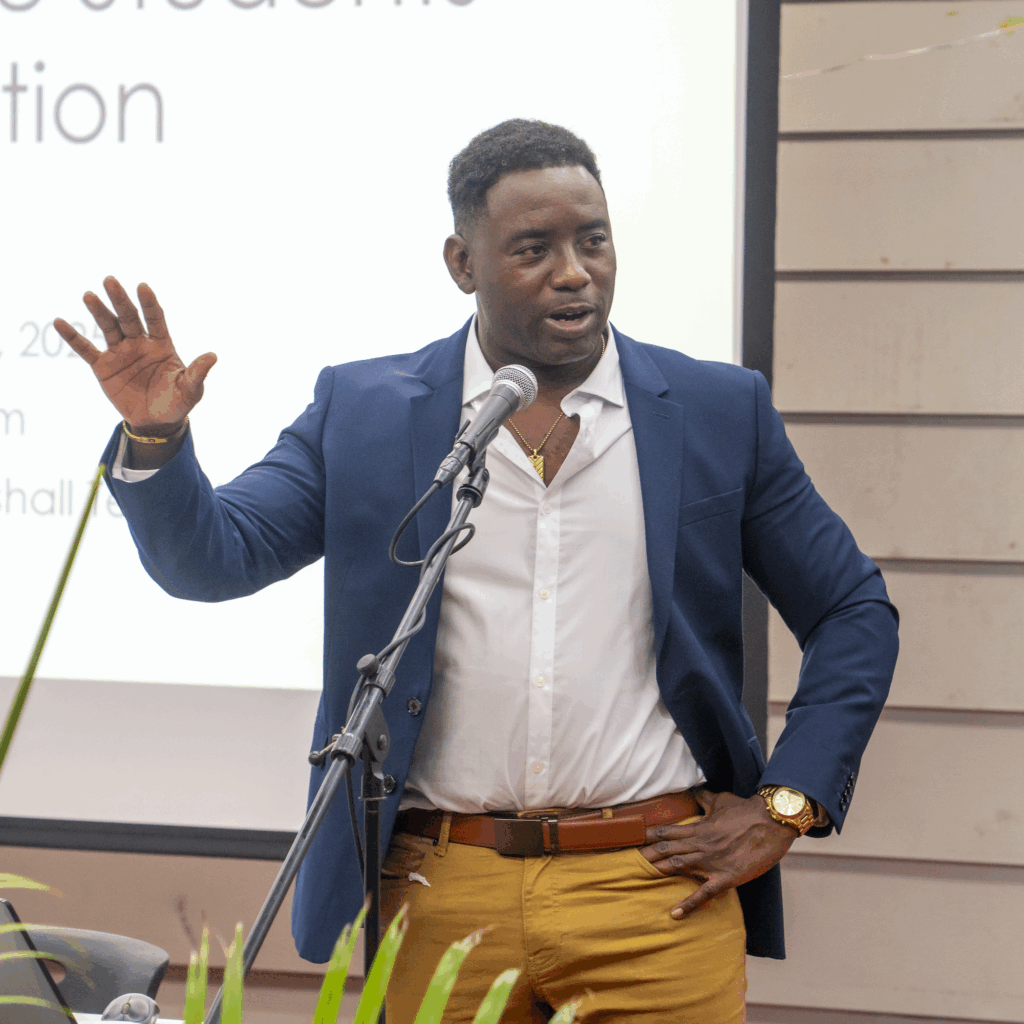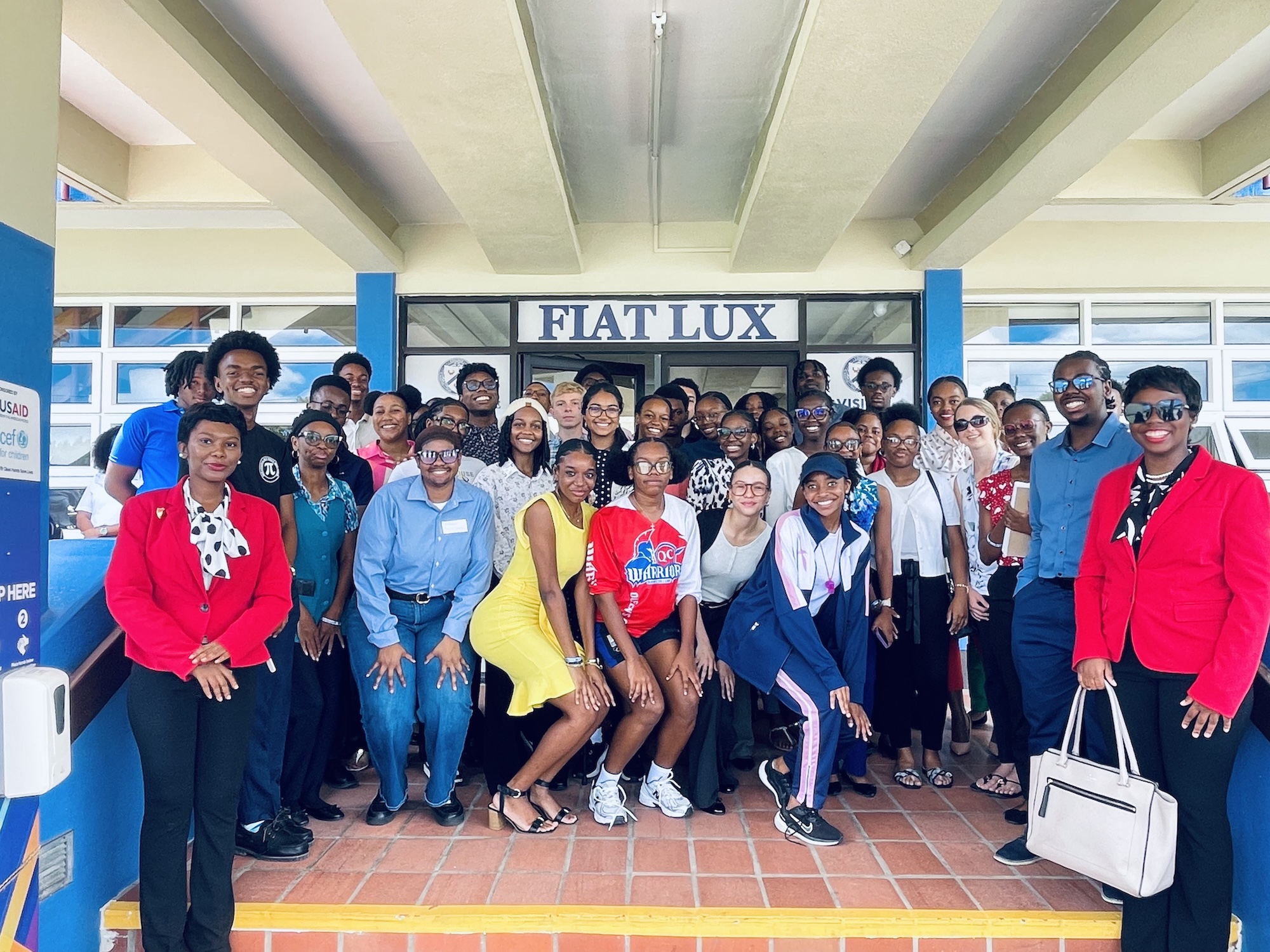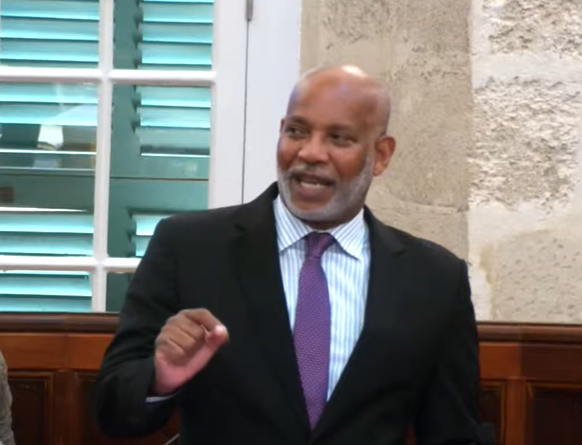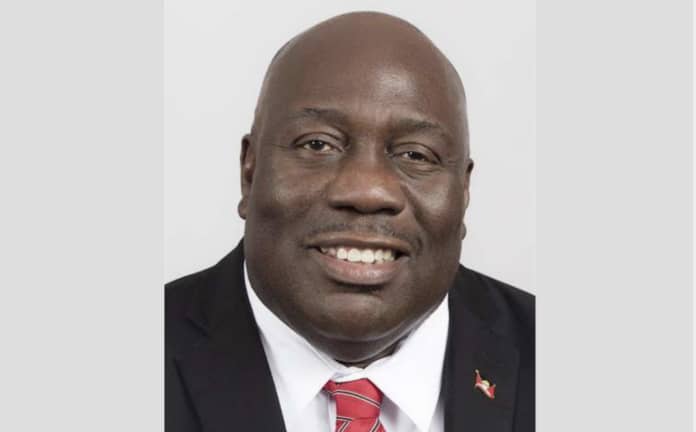Barbados is grappling with a surge in gang-related activities, as young men charged with violent offenses openly display apparent gang signs outside courtrooms. This alarming trend has heightened public concern and underscored the growing influence of gang culture amidst the nation’s ongoing struggle to curb street violence. The situation has prompted urgent calls from sociologists for deeper research and targeted interventions to address the root causes of youth involvement in gangs. Dr. Dwayne Devonish, Professor of Management and Organisational Behaviour at the University of the West Indies (UWI) Cave Hill, emphasized the need for comprehensive studies to understand the factors driving gang affiliation. According to Dr. Devonish, the Criminal Justice Research and Planning Unit identified six dominant gangs across 50 local neighborhoods in Barbados, with membership ranging from 15 to 50 individuals, typically aged 17 to 40. While he cautioned against assuming all individuals displaying gang signs are active members, he acknowledged the cultural significance of such gestures. Dr. Devonish highlighted the critical role of schools, which have increasingly become recruitment grounds for gangs, and stressed the importance of vigilance from law enforcement and state agencies. He also pointed out a troubling trend where gang affiliation is now seen as a badge of honor among young Barbadians, signaling loyalty and toughness. This normalization of criminality, coupled with declining public confidence in law enforcement, poses a significant challenge that requires immediate and focused action to reverse.
博客
-
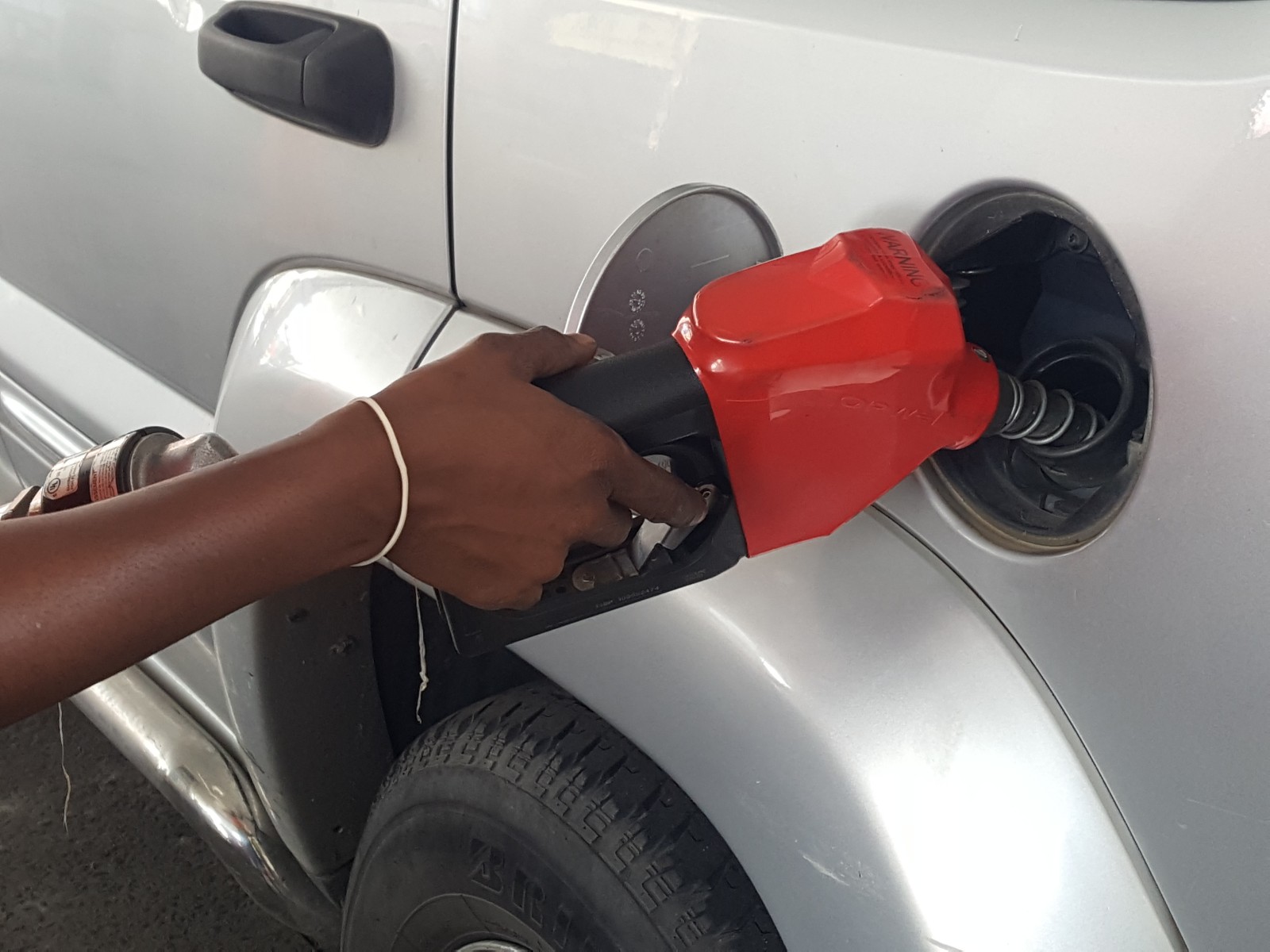
No agreement yet with U.S. company to supply cheaper fuels to Guyana
Nearly eight months after the Guyana government announced plans to secure cheaper fuels for its citizens through a partnership with U.S.-based Curlew Midstream, Vice President Bharrat Jagdeo revealed on Thursday that no formal agreement has been signed. The deal, which aimed to establish a storage facility in Guyana, has been delayed due to significant differences in the terms. Negotiations were suspended until after the September 1 general and regional elections. Jagdeo emphasized that the government would only proceed with an agreement that ensures long-term benefits for Guyana while delivering immediate cost reductions. The proposed project involved procuring fuels through Curlew Midstream and building a tank farm to store additional fuel, potentially lowering procurement costs by 20% to 35%. Jagdeo reiterated the government’s commitment to thorough due diligence, stating that they would not rush into any agreement that could harm the country’s future. The project, initially announced in February 2025, also envisioned Guyana becoming a fuel hub for the Caribbean and northern Brazil, with Curlew Midstream investing $300 million in a state-of-the-art depot capable of storing 750,000 barrels of various fuels.
-
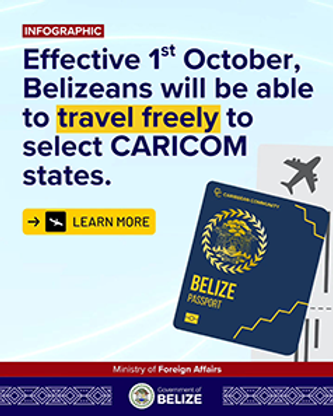
UDP Slams Government Over Free Movement Rollout
The United Democratic Party (UDP) has launched a scathing critique of the Belizean Government’s management of the October 1 implementation of the CARICOM Free Movement of Nationals policy, which includes Belize, Barbados, Dominica, and St. Vincent and the Grenadines. The UDP claims that Belizeans were inadequately informed about the policy’s practical implications, leaving both citizens and employers in the dark. During a press conference, UDP leader Hon. Patrick Faber highlighted that while Barbados conducted detailed briefings to prepare its citizens, Belize failed to provide comparable information. Faber argued that the lack of communication has created widespread confusion, with many Belizeans unaware of the policy’s full-scale effects. The Government, however, has outlined that the policy permits indefinite stays for nationals of the four countries, with registration systems in place for accessing healthcare and education. Security measures include vetting by CARICOM’s IMPACS and the Advanced Passenger Information System (APIS) to screen for potential threats. Despite these assurances, Faber expressed concerns about Belize’s readiness to handle the additional pressures, citing existing challenges such as crime, healthcare deficiencies, and economic strain. The UDP emphasized the need for clear communication, consultation, and safeguards to protect Belizeans and the economy, warning that the current approach risks fueling uncertainty and undermining public confidence.
-

Leaked Emails Reveal 70 Drug Planes Landed in Belize
Leaked emails from Mexico’s defense ministry have unveiled a startling revelation: at least 70 drug-laden aircraft landed in Belize between 2020 and 2021. These flights, originating from airstrips near Maracaibo, Venezuela, were part of a sophisticated cocaine pipeline channeling narcotics through Belize and into the United States. American officials reportedly issued dozens of alerts to Mexican authorities, highlighting Belize’s previously underestimated role as a significant player in regional drug trafficking. On average, nearly one aircraft touched down every five days during this period, utilizing remote Belizean airstrips as drop-off points before the drugs were transported northward. Despite law enforcement efforts to dismantle one network in 2020, the so-called “air bridge” between Venezuela and Central America remains operational, albeit at a reduced frequency. Jesús Romero, a former U.S. naval officer who investigated these routes, noted that traffickers increasingly turned to Belize as a “pressure valve” to evade heightened surveillance in Guatemala and Honduras. The scale of these operations prompted the U.S. government to officially designate Belize as a major drug transit country on September 15, 2020. This designation underscores the leaked documents’ findings: Belize is not merely a stopover but a critical corridor in the flow of cocaine into the United States.
-
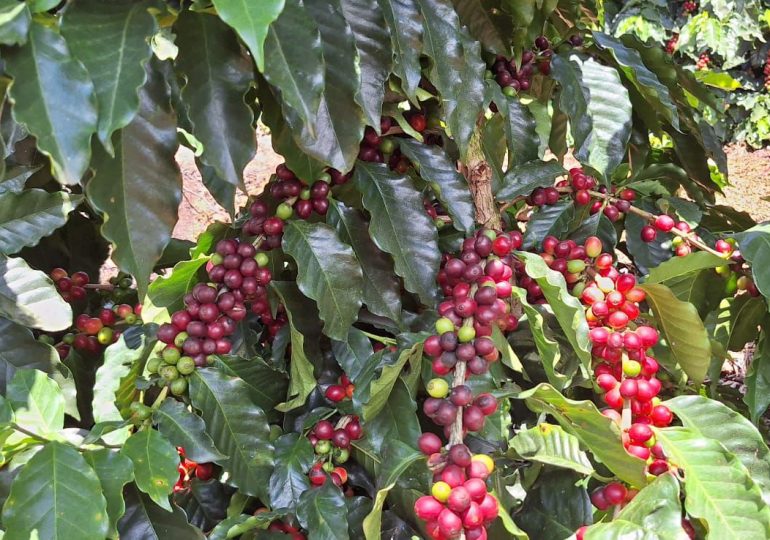
Dominican coffee harvest at risk amid severe labor shortage
The Dominican Republic is on the brink of losing its most promising coffee harvest in a decade, jeopardizing over RD$6 billion in potential income for coffee-producing families. This year, farmers anticipate producing more than 300,000 quintals of coffee—the highest yield since 2013—coinciding with historic highs in international coffee prices, where a quintal is valued at RD$21,500. However, a severe labor shortage threatens to derail this economic boon. In the southern region alone, producers expect over 120,000 quintals, but many fear the crop could spoil due to insufficient workers for harvesting. Traditionally reliant on Haitian laborers, farmers now face restrictions that have left them without viable alternatives. Compounding the crisis, heavy rains in October have accelerated the ripening process, heightening the urgency. Producers are criticizing the government for its inaction, highlighting that neither the Dominican Coffee Institute (INDOCAFE) nor the Ministry of Agriculture has implemented contingency measures. ‘Every pound of coffee that falls to the ground represents 21 pesos lost forever,’ lamented one grower, warning that without immediate intervention, this golden opportunity for rural communities could turn into an economic disaster.
-

GY$5 billion PPP election campaign spending “a blatant lie” – PPP General Secretary
In a recent press interaction, People’s Progressive Party (PPP) General Secretary Bharrat Jagdeo vehemently refuted allegations that his party spent GY$5 billion on its campaign for the September 1 general and regional elections. Labeling the claim as a ‘blatant lie,’ Jagdeo asserted that the PPP’s expenditure was only slightly higher than the GY$300 million reportedly spent by the opposition coalition, A Partnership for National Unity (APNU). He emphasized, ‘We didn’t spend much more than APNU, so let that be your guide.’ When questioned about the potential advantages of incumbency, Jagdeo countered that such benefits were also utilized by the previous APNU+Alliance For Change administration, including the use of a Guyana Defence Force (GDF) helicopter by then-President David Granger. Jagdeo also addressed concerns about access to publicly-funded state media, questioning how it could have disadvantaged opponents financially. He highlighted the PPP’s strategic shift to a digital campaign, citing its cost-effectiveness compared to traditional newspaper advertising. ‘We didn’t advertise in the newspapers much. Nobody reads the newspapers, and our digital campaign cost us an unbelievably low sum,’ he stated. Jagdeo further noted that the PPP’s 2025 campaign spending was significantly lower than in 2020, when the party heavily invested in high-priced newspaper ads. The PPP General Secretary criticized the media for not disclosing the source of the GY$5 billion claim, stating, ‘That’s what people do, they hide behind sources. If I was to come here every time and hide behind a source, then we would never find the truth.’ International election observer missions have previously raised concerns about the PPP’s incumbency advantage, but Jagdeo dismissed these as unfounded.
-
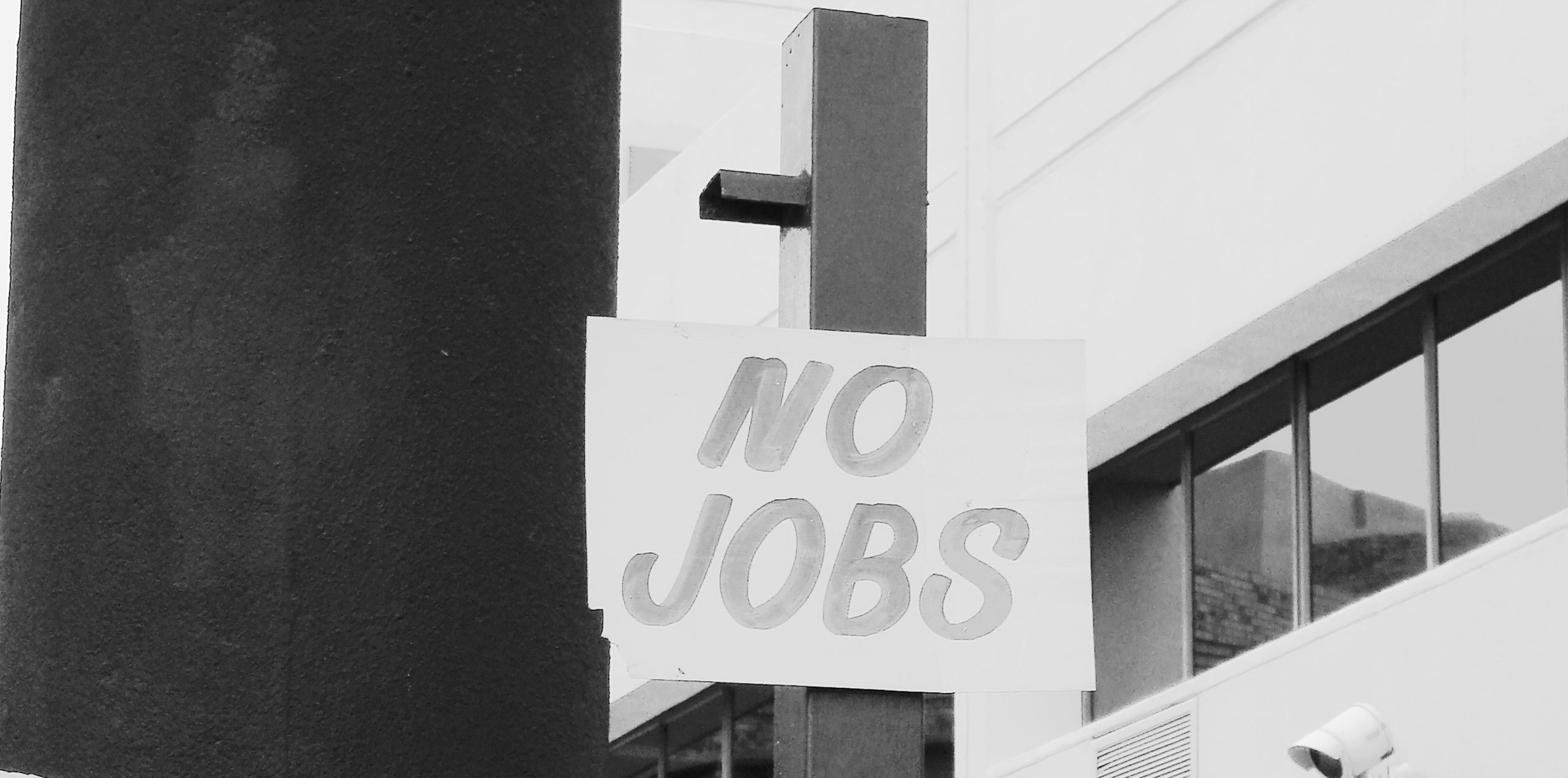
Legislators warn of economic and migration crisis if HELP program ends
In Santo Domingo, a coalition of legislators, economists, and Haitian representatives is advocating for the renewal of the Haiti Economic Enhancement Program (HELP) Extension Act. They caution that its discontinuation could result in the loss of approximately 25,000 jobs in Haiti and the Dominican Republic, while simultaneously exacerbating migration pressures. Dominican Senator Omar Fernández (Fuerza del Pueblo) emphasized that the program has been instrumental in attracting investment to the border region and serving as a deterrent to illegal migration. He warned that its termination could lead to an influx of unemployed Haitians seeking opportunities in the Dominican Republic. Economist Edita Rodríguez Salce highlighted the broader economic repercussions, noting that the program’s end would adversely affect both nations and threaten the free trade zone sector, which employs thousands in companies producing for renowned brands like Victoria’s Secret, Calvin Klein, and Klass. William Charpentier, coordinator of the National Roundtable for Migration and Refugees, described the potential dismantling of the program as a devastating blow to Haiti, which is already grappling with political and economic collapse. He criticized the inconsistency of international support, pointing out that while governments express solidarity with Haiti, critical initiatives like HELP are allowed to lapse. The closure of the textile sector, one of Haiti’s few remaining economic lifelines, would further deepen the country’s ongoing crisis.
